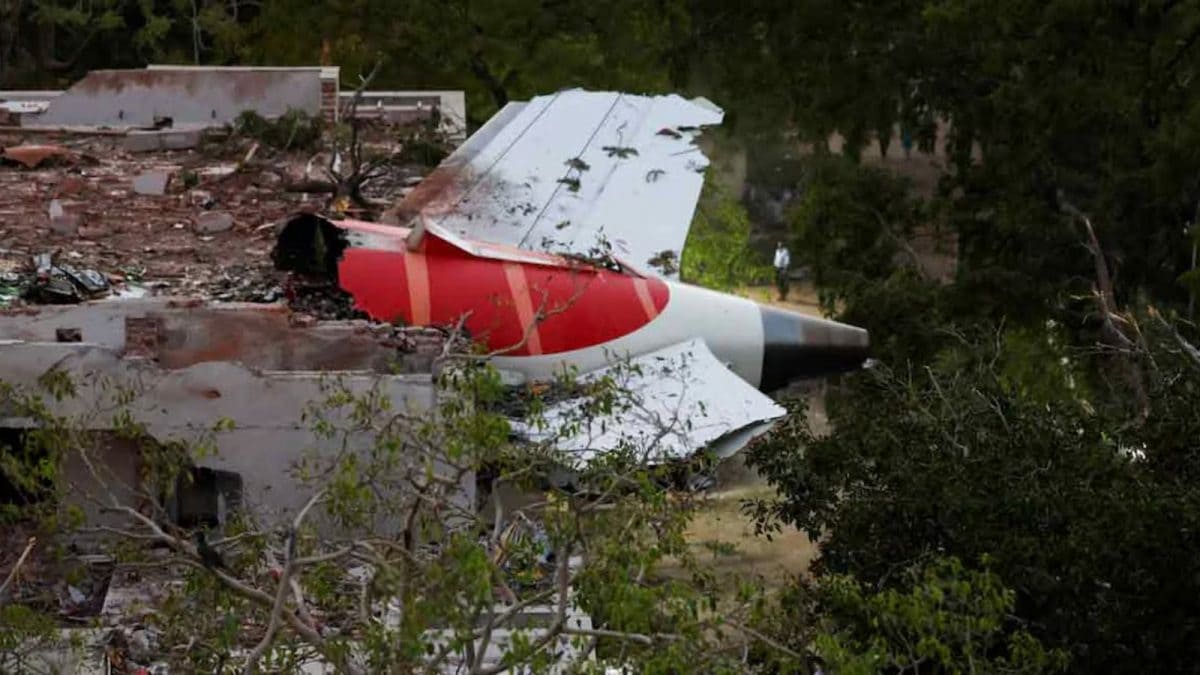Nari Nagarik Manch, an apolitical forum of women in Assam, has urged the State government to revoke its decision to grant arms licences to “indigenous people in sensitive areas”.
The collective warned that the move, apparently intended to empower communities feeling threatened by a perceived demographic invasion, would undo decades of peacebuilding and escalate tensions in Assam after years of armed extremism and violence.

At a meeting of the forum held in Guwahati on Saturday (August 9, 2025), about 30 women from different walks of life unanimously resolved to launch a sustained campaign against the May 28 State Cabinet decision on issuing arms licences. The campaign would include submitting memoranda to top constitutional authorities, filing a public interest litigation, and initiating a coordinated social media outreach.
The members said the policy would fuel a gun culture in a State that has sought to curb the circulation of weapons after prolonged militancy. They cautioned that the decision risked triggering an arms race, increasing gender-based violence, and sparking “civil war-like” situations.
They urged the government to focus instead on strengthening the police, the Border Security Force, and interstate border patrols, rather than “weaponising civilians”. They also said the “divisive” policy lacked transparency on eligibility criteria, threat assessment, or safeguards, raising fears of targeting specific communities and deepening social polarisation.
The collective said the Assam government should take lessons from conflict zones such as Manipur and note that the proliferation of arms fuels crime, domestic violence, and black-market trade.
“If arms are handed to civilians, women and children will suffer the most. When it is the government’s responsibility to ensure safety and security, what is the point of arming citizens?” journalist Maini Mahanta said.
Former IPS officer Violet Baruah noted that well-equipped security forces already guard Assam’s borders. “Weapons are still in circulation from past conflicts. Legalising more arms will be a threat to public safety,” she stated.

Journalist Afrida Hussain questioned the premise of the policy, saying the government’s decision “reflects a trust deficit by the Chief Minister [Himanta Biswa Sarma] towards the police administration.”
Women’s rights activist Indrani Dutta termed the decision “a dangerous step rooted in divisive politics” and called for non-violent public resistance. Social activists Junu Bora and Rashmi Goswami questioned the State’s ability to maintain law and order, warning of the emergence of an “arms economy” similar to global conflict zones.



.png)
.png)
.png)
















 1 day ago
5
1 day ago
5









 English (US) ·
English (US) ·